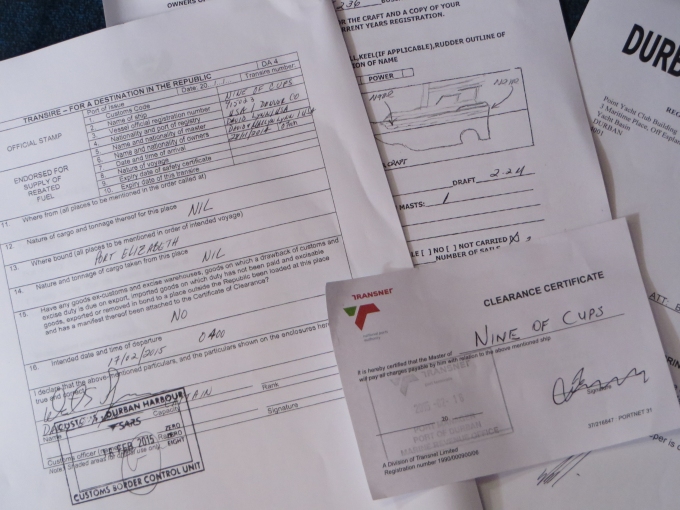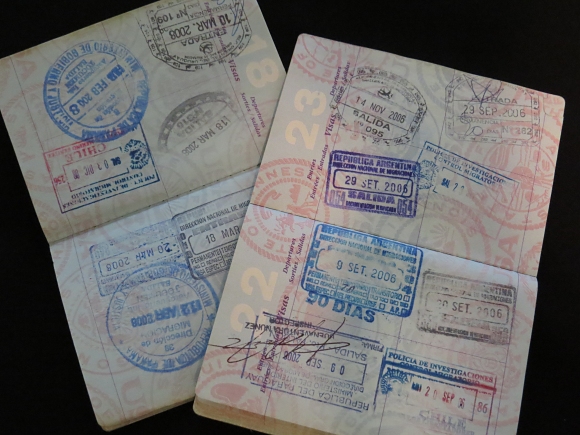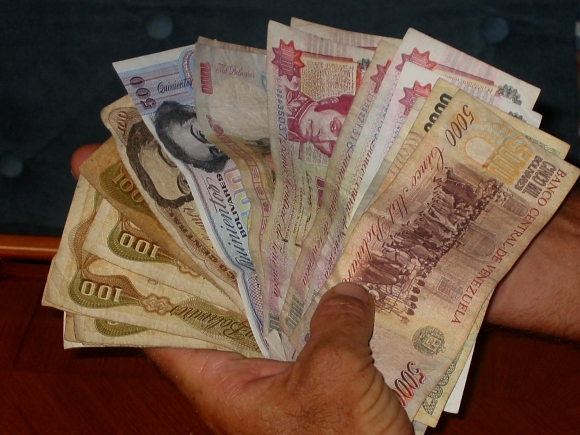Checking Out is Hard to Do
/If you think breaking up is hard to do, you've never tried checking out of a South African port. We're not leaving the country, just moving to the next port, but it's still a major undertaking. For those of you who are considering the cruising life, this is a lesson in patience, beyond waiting for weather windows or tradesmen.

We inquired at the Durban Marina office what the procedure for check-out was. She smiled knowingly and began compiling a sheaf of papers to be completed. “Fill these out and bring them back.”
No problem, I thought, until I got back to Nine of Cups and gave them a good look. Port Authority required a float plan which included the usual boat info, crew list and last ports of call, but they also required a sketch of the boat along with many other of the boat's vital statistics (four pages worth), all radio frequencies monitored and much, much more. Mind you, we'd provided most of this information when we arrived.
The Customs form centered upon our cargo. How much were we carrying? What cargo had we dropped off and how much were we hauling out? Really? As in many countries, visiting sailboats are treated like large commercial vessels and the paperwork reflects this.
We completed all the forms and returned to the office. Adri had prepared our final marina bill, as well as a calculation of port fees … a R25.80/day charge for being in the marina beyond 30 days. We paid the marina bill and got a receipt. The port fees, however, could not be paid in cash or with a credit card at Port Authority. It needed to be deposited to the proper account at the Standard Bank in downtown Durban, which of course required us to walk downtown, wait in line and make the deposit (in cash) at the bank and obtain the receipt.
From the bank, we walked to the Port Authority. The fellow wasn't there, but we were invited to sit and wait for him. About 15 minutes later, he arrived, reviewed the receipt, stamped a couple of forms and told us to proceed to Immigration with our passports, and then to Customs and then return to his office … and we'd better hurry because all the offices close at 4pm.
Immigration asked when we had arrived … end of November. They lugged out a file box full of completed forms and sorted through them until they came across Nine of Cups' original entry paperwork. They reviewed our float plan, made a copy and then reviewed our passports … no stamps, just initials and a date on one of the pieces of paper we were hauling around. They instructed us to go to Customs.
The Customs fellow was friendly, but new. We gave him our completed form which he reviewed with another co-worker. He made several copies, then signed off on another form. We were then instructed to return to Port Authority.
We trudged back over to Port Authority who assembled all this paperwork, stapled it together and added it to the the piles on his desk. He stamped our clearance form and bid us a good afternoon. Done! The bad news? This is the procedure at every South African port we sail to … probably a few more forms and stamps will be required when we actually leave the country.








